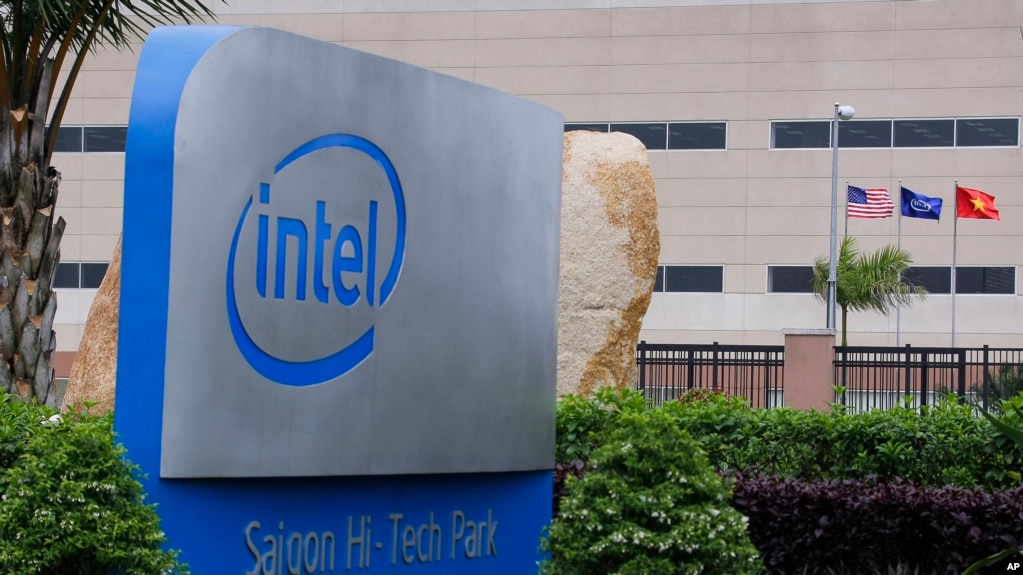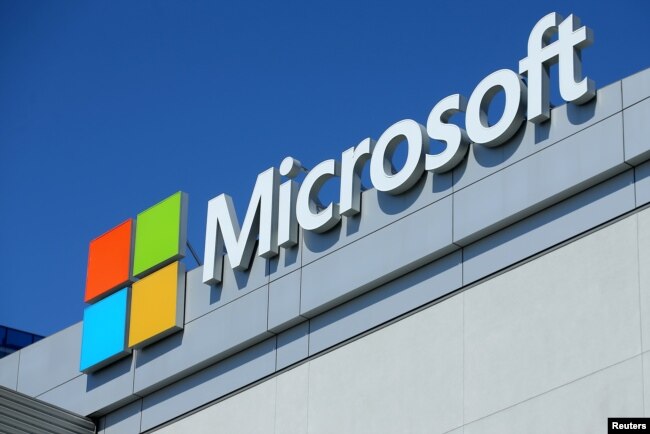MindWars
Diamond Member
- Oct 14, 2016
- 42,227
- 10,777
- 2,040
- Banned
- #1
Law enforcement agents are now investigating what appears to be a slice of malicious code that’s been hitting Mac users in recent weeks and appears to be purely for targeted surveillance, though it’s unclear whether it’s for perverse reasons, or if it’s government-related. Patrick Wardle, an ex-NSA analyst who now does research for cybersecurity firm Synack, says he saw around 400 infections, but there’s likely many more as he only had access to a handful of servers used to control the malware, dubbed FruitFly. “I likely only saw a limited percentage of the total number of victims,” Wardle said.
Creepy 'FruitFly' Surveillance Malware Hits American Apple Macs
-------------------------------------------------------
Apple getting attacked is rare, the hacker is probably a pos Gov. official or someone the FEDS hired to send out malware.
Creepy 'FruitFly' Surveillance Malware Hits American Apple Macs
-------------------------------------------------------
Apple getting attacked is rare, the hacker is probably a pos Gov. official or someone the FEDS hired to send out malware.




